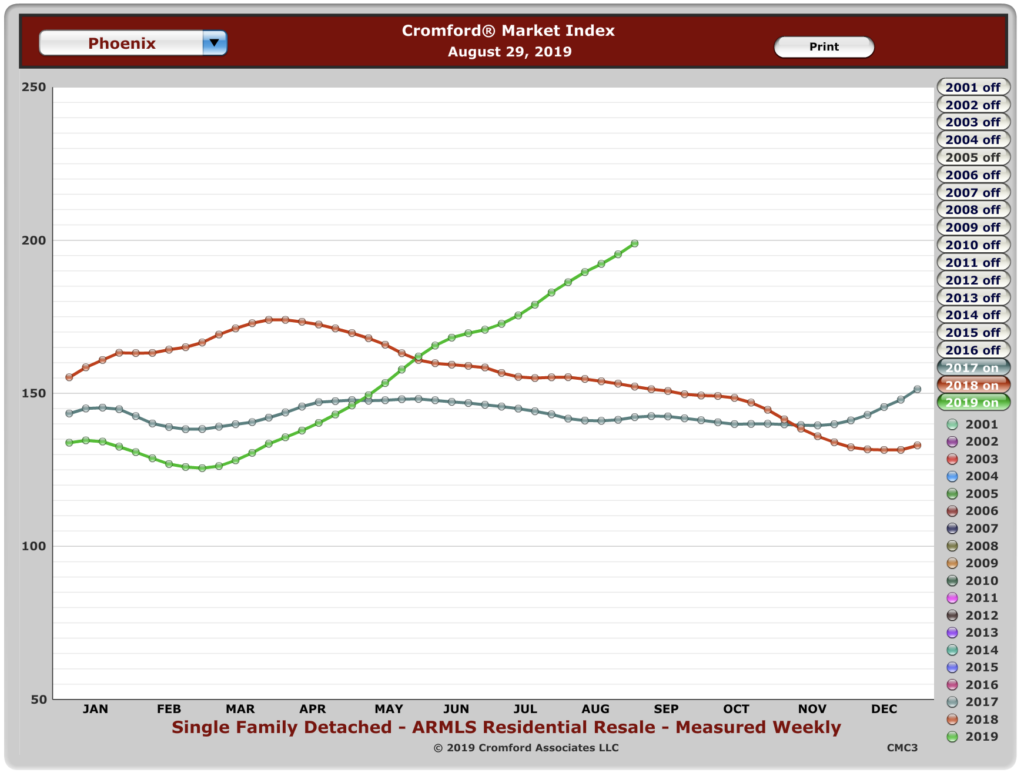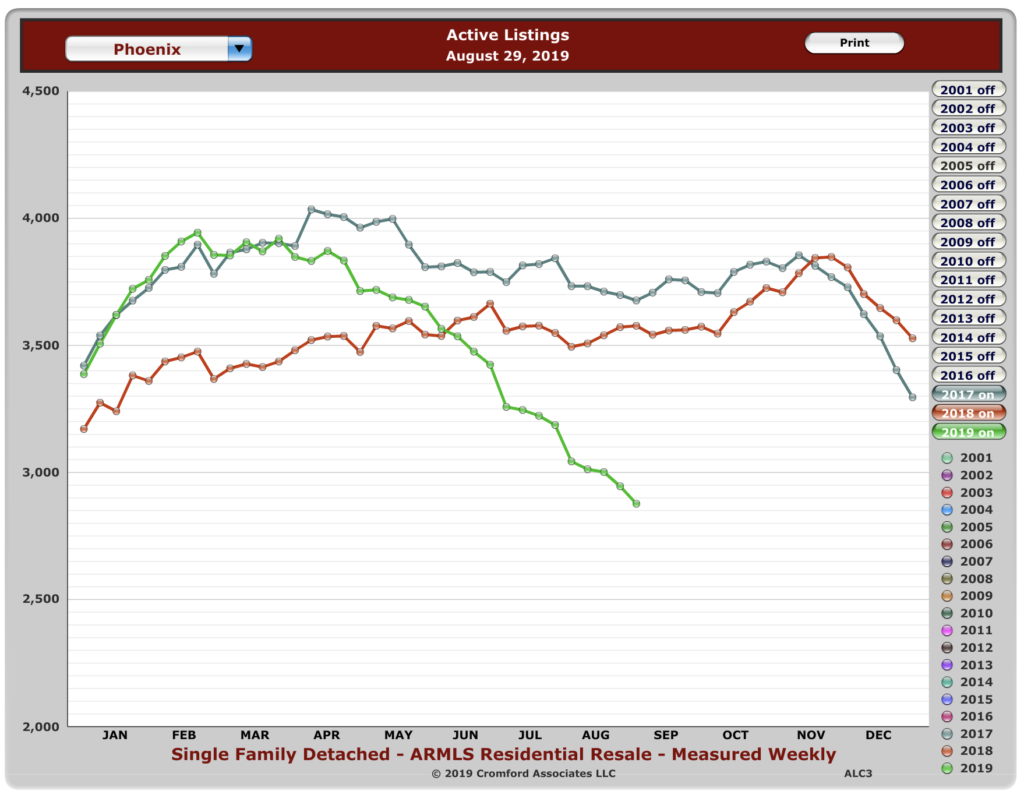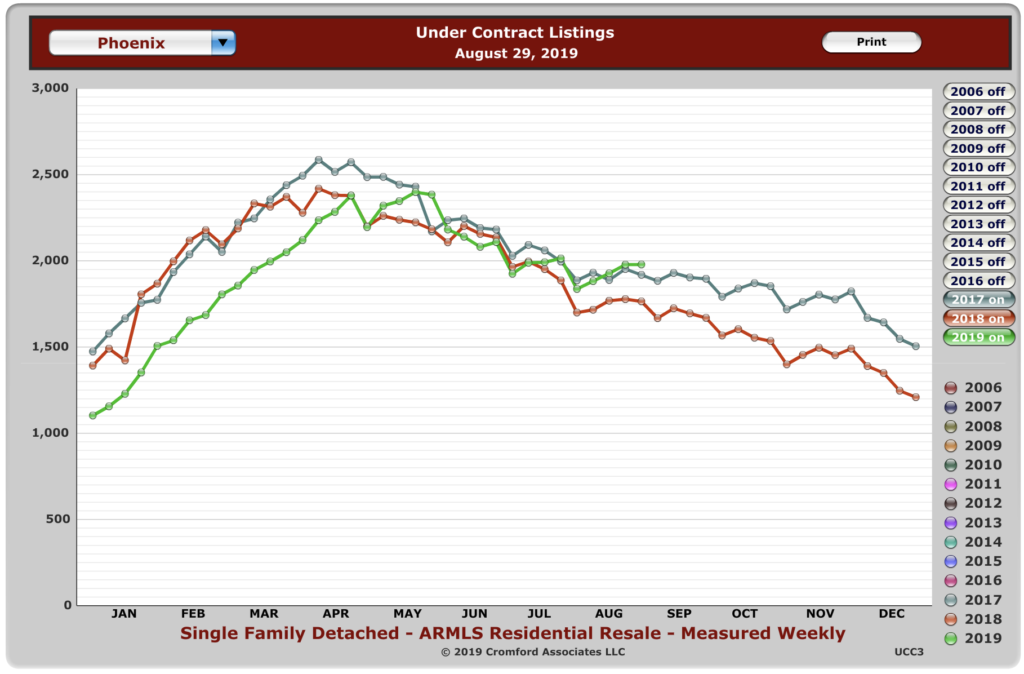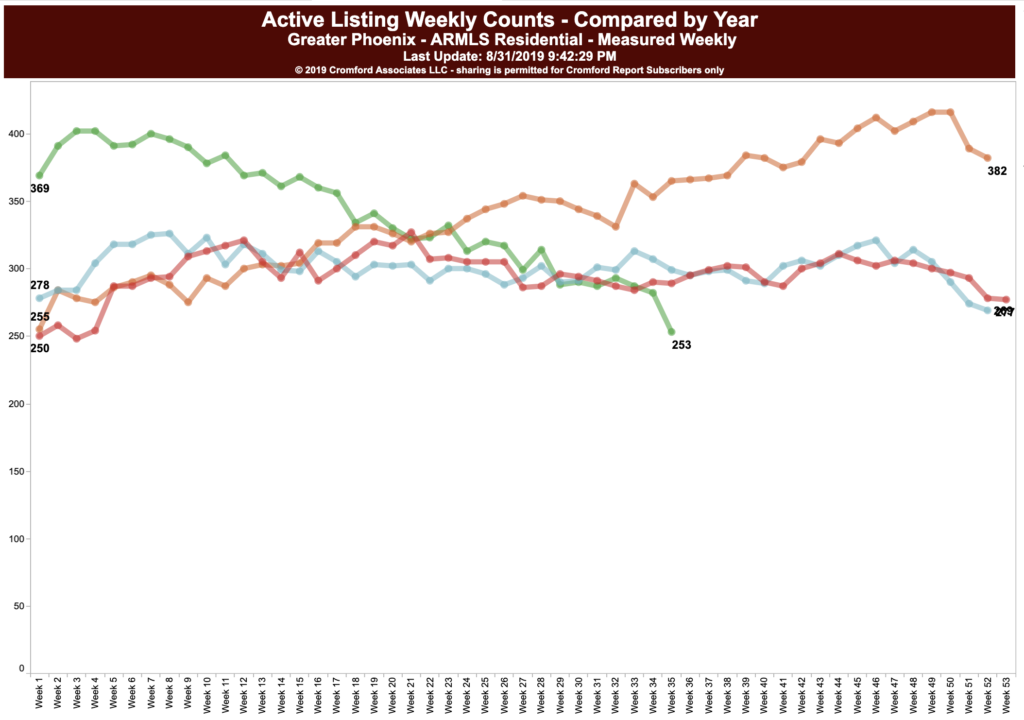Since I’m a total public policy nerd and former legislator, I can’t help but dive in to some issues that I think could represent some common ground across the political spectrum. This month, I’m taking a look at lobbying and the undue influence that it has on our political system.
Whether you are on the right or the left, you can see how lobbying takes the political strength away from people and gives it to special interests. It is more difficult for us, as a country, to plan for our long-term growth, to invest in infrastructure and to compete against countries that have much stronger consensus about where they are going (read “China”).
What does this have to do with real estate and you personal home? Lots!
Lobbyists in the insurance industry can write rules to make the cost of owning your home higher. Other lobbyists might lobby to cut funding that could be used for infrastructure that benefits your roads, bridges and schools.
Even my own National Association of Realtors annually lobbies for the mortgage interest tax credit, which has the affect of raising the deficit/debt, driving home prices upward and disadvantaging first time or low income home owners, which, in turn, weakens neighborhoods and hurts your own home value. (Here’s a handy look at that.)

And why wouldn’t unions, special interest groups and corporations spend money on lobbying? After all, lobbying has a return on investment that is astronomically higher than anything you could ever see in the business world. One dollar spent on lobbying yields $760 in returns, or 76,0000%.
Check out this handy primer from Represent.US, a non-partisan reform group that seeks a whole list of changes to our electoral system. While I don’t agree with all of their reforms, I do believe that many of them represent an area of common ground that Americans have a problem talking about because our entire “news” and social media landscape is geared toward NOT actually finding common ground.
Let’s save that for another blog post.
Of course, what you may call a “special interest” may be my “advocacy group.” But, that way of talking about it misses the point completely, and only serves to keep the status quo in place.
We need laws that advantage ideas over money.
Right now, we have the opposite.
The problem is not that people lobby. In fact, their right to do so is enshrined in the 1st Amendment to the Constitution. What is not enshrined is the act of giving contributions to lawmakers.
“Wait,” I hear you say, “you were a lawmaker and you took lobbyist dollars. You’re a hypocrite to try to eliminate lobbyist contributions now that you are no longer in office.”
Here’s a little background before you toss aside a good idea so easily.
As a rule, I did not allow lobbyist contributions to exceed 10% of my total candidate contributions. I did this because I felt that I wanted to be clear as to where my allegiance lay –regular voters. I still took up to 10% in contributions because I felt that I had to maintain good relationships lobbyists and I learned that it was too easy to be ignored as a lawmaker if I did not at least make a symbolic show of taking contributions.
Further, I did support contribution bans, but I was also aware that the make-up of the Arizona legislature prevented any progress there. So, I focused on other priorities.
So, having said all of that, let’s focus on how we can legally stop all lobbyist contributions, most notably at the federal level.
It’s really very simple: we already have precedence to define lobbying as a profession that necessitates the ban for the common good.
All we have to do it look to the banking and finance industry –paradoxically, a group that has benefited massively from lobbying. They already have rules in place that recognize a very core principle: giving money to government officials has an unfair effect on the public policy that it creates.
Period. Full Stop. Basic common sense.
Specifically, if you look at the Financial Industry Regulatory Authority’s (FINRA) Rule G37 from the Municipal Securities Rule-making Board (MSRB) and Rule 206 of the Municipal Financial Professionals, you will see reasonable restrictions for professionals who give advice to public entities (cities and towns, etc) about where to invest taxpayer money.
Here are the most important ones:
- If you are an investment advisor under this rule, you can’t host fundraisers for candidates.
- You can’t loan money to campaigns.
- You can give a personal contributions, but there are limits and you can only contribute to the candidate from the district you live in already.
- You can personally volunteer your time.
- There are also restrictions when you are handling investment funds for unions.
Both of these sets of rules originate from the Investment Advisors Act of 1940, and they represent a decades-old common understanding by people in the financial industry of what we all know, but we’ve lost touch with: if the lawmakers are supposed to do the best job possible of making laws that are fair to all citizens (in this case municipal bond investors), you need to keep the lawmaking process as free from undue influence as possible.
There is clearly value here. Imagine: if you took these rules away, the bond companies would have a fit because they would know that there would be a new, undue influence on the sale of their principle product, bonds. That would not be fair.
So, imagine this for a second as applied to Congress. A lobbyist is a professional mouthpiece for some special interest (left, right, center, whatever).
But, as a fact of life, we all recognize that a lawmaker needs to make the best decision possible, not based on dollar contributions (read “fuel for the next election). So, it stands to reason that the lobbyist’s arguments for or against a law need to be more important than their dollars.
Does this solve all of the problems? Heck no! This must accompany other reforms.

As you can see in this article and graphic, the very definition of lobbyist is too weak to institute this rule right now.
But there are more reforms that must happen now.
We need to update the definition of lobbyist.
We need to disclose dark money.
We need to shine more light on corporate and union money that flows through third party PACs to the lawmaker, thus negating the reform suggested above. So, yes, we need to fix the problem with Citizens United.

Have a look at this American Anti-Corruption Act, as well as this article as a good conversation starter. Again, I don’t agree with everything in here, but I still maintain that there is a lot of common ground in here between the right and the left.
I have friends on the right who agree with me that our government’s lawmaking process needs deep reforms. But, again, the news and media landscape in the US actually work against our ability to find common ground.
Regardless, I wanted to touch on this particular idea and its under-pinnings as a way to show that these reforms are possible. We can do this. As people of all political persuasions, we can find common ground about the rules by which we play.
In fact, if we do not, we will never see an end to our current national stalemate.
Note: A special thanks to Richard Ross, a financial advisor and friend from Valley Leadership, who found the specific FINRA and MRSB rules for me so I could sound like a real smarty-pants.
Note: Here’s another good article to give you background on a possible lobbying contribution ban and the difference between lobbying with ideas vs lobbying with money.






